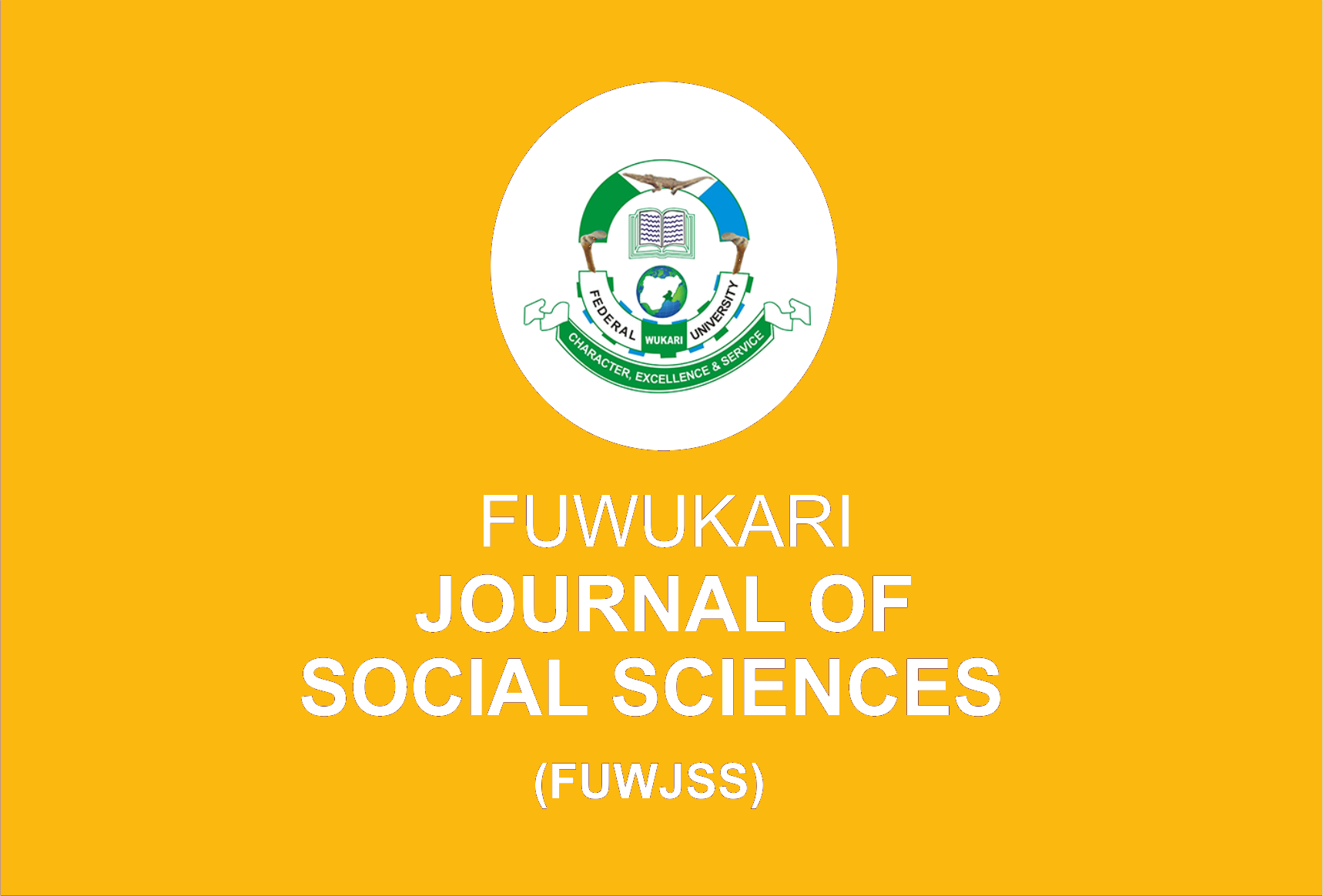International Aid And Nigeria’s Domestic Economic Reforms
Ogah Musa Ari, Abuh Hassan Bashiru
Keywords: Foreign aid, social investment, economic reforms, poverty, unemployment
Abstract
This study examines Nigeria’s challenges in implementing sustainable economic reforms, particularly in addressing poverty, inequality, and unemployment. Despite efforts in economic restructuring, these challenges persist and they underscore the need for a comprehensive evaluation of the role of international aid in influencing domestic policies. Thus, this study scrutinizes the role of international aid in shaping Nigeria’s domestic economic reforms, with a focus on analyzing Social Investment Programmes (SIPs) in Nigeria from 2016-2022, and exploring how international aid has influenced these reforms. This timeframe captures aid-driven interventions, statistical analysis of poverty reduction, unemployment trends, and economic resilience amid global crises, including COVID-19’s impact. Utilizing desk research, the study draws data from a variety of sources, including books, academic articles, government reports, and online resources. The study adopted dependency theory as its analytical framework. The theory justifies the examination of how Nigeria’s reliance on international aid influences its reform agenda, often leading to policies that are not fully aligned with the country’s development needs. The study’s findings indicate that international donor conditions often shape Nigeria’s reform policies, with a focus on short-term relief measures rather than addressing the root causes of poverty and inequality. The study concludes that aid-driven economic reforms perpetuate a cycle of dependency; thereby hindering long-term economic self-sufficiency in Nigeria. The study recommends that Nigeria should prioritize the development of homegrown solutions to its economic challenges and reduce reliance on external aid. It also advocates for more inclusive and locally-driven reforms that address systemic issues of poverty and inequality.
Author Biography
Ogah Musa Ari
Department of Political Science, Federal University of Lafia, Nasarawa State, Nigeria
Email: [email protected]
Abuh Hassan Bashir
Department of Political Science, Baba-Ahmed University Sharada, Kano State, Nigeria
Email: [email protected]

